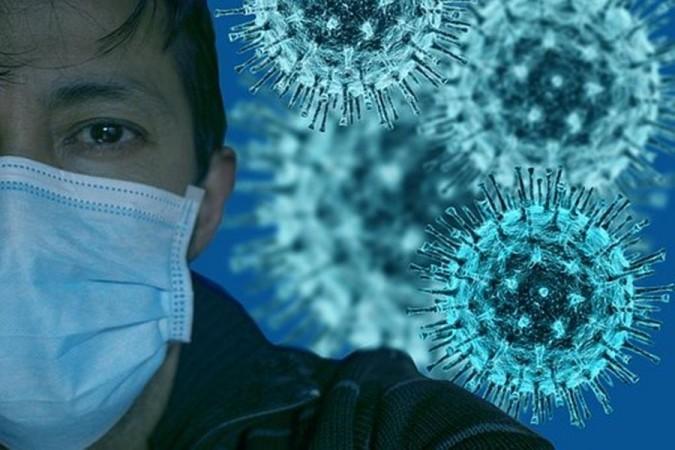Researchers at the Indian Institute of Science, Bangalore have found that Montelukast, a drug used to reduce inflammation in asthma patients, can inhibit the SARS-Cov-2 protein.
According to the research team, this medication used to treat asthma and allergies can bind to and inhibit a critical protein generated by the virus SARS-CoV-2, reducing viral replication in human immune cells.

Montelukast: A commonly prescribed drug for decades
The drug, montelukast, has been approved by the US Food and Drug Administration (FDA) for more than 20 years and is generally recommended to relieve inflammation caused by asthma, hay fever, and hives.
The researchers reveal that the drug binds tightly to one end ('C-terminal') of a SARS-CoV-2 protein termed Nsp1, which is one of the first viral proteins produced within human cells. This protein can attach to ribosomes inside immune cells, halting the production of essential proteins required by the immune system and weakening it. Blocking Nsp1 may help to decrease the virus' harm to the body.
Tanweer Hussain, an assistant professor at IISc's Department of Molecular Reproduction, Development, and Genetics (MRDG), and his researchers initially utilized computational modelling to screen over 1,600 FDA-approved medications that bind strongly to Nsp1. They were able to shortlist a dozen medications, including montelukast and saquinavir, an anti-HIV treatment, based on these results.
Associating with a group of Sandeep Eswarappa, associate professor in the Department of Biochemistry, Hussain's team then cultivated human cells that selectively generated Nsp1 in the lab, treated them with montelukast and saquinavir individually, and discovered that only montelukast was able to reverse Nsp1-induced protein synthesis inhibition.
There have been reports that clinicians have tried the medicine and it has reduced hospitalisation among Covid-19 patients. Hussain and his team intend to collaborate with scientists to see if they can improve the drug's structure to make it more effective against SARS-CoV-2. They also intend to continue looking for comparable medicines with potent antiviral properties.
The possibility of a fourth wave in India
For the past several days, India has seen a surge in daily Covid cases, increasing fears about the fourth wave of infections.
Living with the virus in highly populated nations like India is only conceivable if the majority of people have some level of protection against severe infections due to past infection or vaccination, which Indians appear to have in general. A significant number of Indians have developed protective immunity to the virus by contracting the virus or receiving the vaccination. The great majority of Indians have also been vaccinated, lowering their anxiety about the fourth wave.
A few weeks back, a team of IIT experts predicted that the fourth wave of the pandemic in India will begin on June 22, 2022, and will continue till October 24.
















